Consecutive Upsets: World No. 1, 2, and 5 Out! World No. 9 Murphy Eliminated in the First Round, Xiao Guodong's Opponent Confirmed
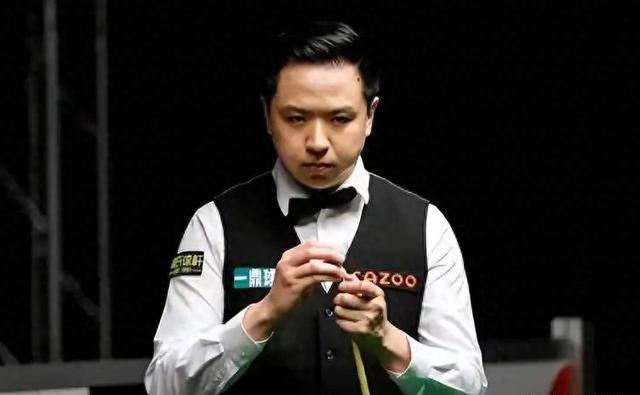
The first to be hit is world number one Trump. In the second group final, he faced Robertson, ranked 18th in the world, in a marathon battle that lasted over four hours. The match was full of ups and downs, with both sides putting on a show of snooker excellence multiple times. Trump was penalized 7 points in a row during the game, showing his mistakes at crucial moments. Robertson's performance was not entirely smooth either, as he committed multiple fouls in the seventh game, allowing his opponent to catch up to a 51-51 draw.
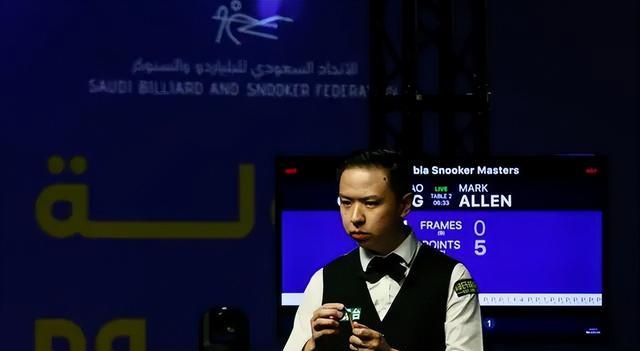
With only two red balls left on the table, Trump took the lead but faltered when clearing the last coffee ball. Robertson seized this hard-won opportunity, playing steadily and ultimately winning the game by a narrow margin of 73-68. Notably, the blue ball in the decisive moment was quite challenging, but after careful consideration, Robertson displayed remarkable mental fortitude, sinking the ball from a long-range position. After the game, Robertson made the rare gesture of repeatedly punching the air in celebration, expressing his excitement at defeating the world number one.
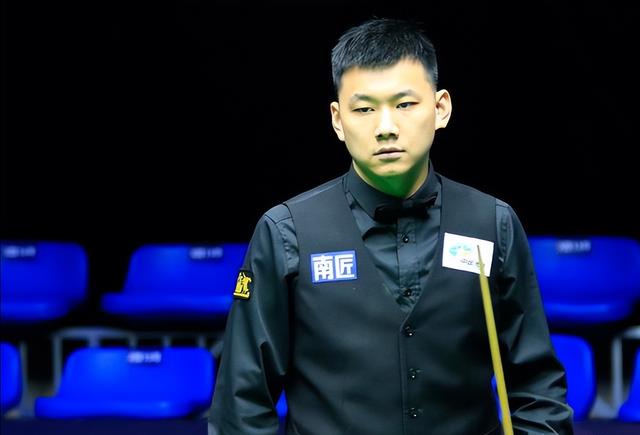
Next, world number two K. Wilson also suffered a setback. In his 19th encounter with world number six Mark Williams, he lost 5-6. The excitement of this match was no less than Trump's. K. Wilson started well, scoring first with a break of 83. However, Mark Williams immediately responded with a century break of 109, which was also his 642nd century in his career. Throughout the match, Mark Williams was in top form, not only making five breaks over 50 but also two centuries, including the highest score of 140 in this event. Leading 5-3, K. Wilson fought back fiercely, making a brilliant 123 break to bring the score to the decider. However, in the final decider, he still lost 17-70 to his opponent.

In this match, Xiao Guodong's performance stood out. Firstly, his psychological regulation ability allowed him to remain focused even after losing three consecutive games, a significant improvement from his early career. Secondly, his technical execution was impressive, with three consecutive breaks over 80 demonstrating solid fundamentals and stable play, a consistency not easily achieved in professional competition, especially against an opponent like O'Sullivan who excels at creating psychological pressure.
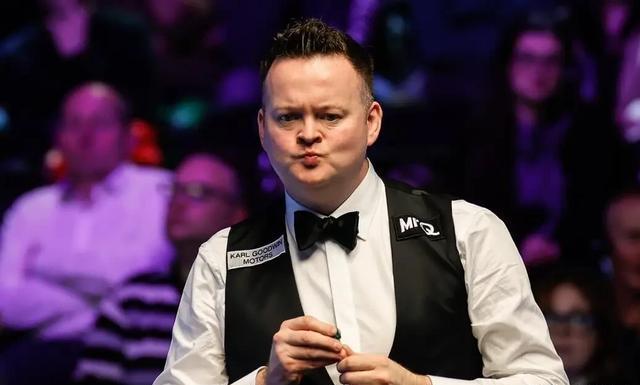
Xiao Guodong, having secured victory in the sixth game, still chose to continue playing to maintain his rhythm, reflecting his professional attitude towards the game. In professional snooker, maintaining rhythm continuity often plays a key role in subsequent games. This decision also indirectly shows his match experience and tactical considerations.
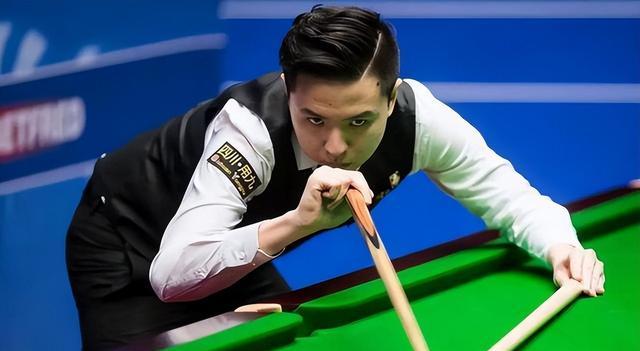
In the decider, Xiao Guodong's performance was even more impressive. He started with a 35-point lead, although there was a break in play, he did not panic. In the ensuing defensive battle, he fully utilized his meticulous defensive skills, repeatedly restricting O'Sullivan to difficult positions. This defensive capability is one of the advantages Chinese players have gradually established on the international stage in recent years. Particularly noteworthy is Xiao Guodong's grasp of the opportunity when O'Sullivan was penalized 6 points for a foul. This ability to seize details is often the decisive factor in matches. In professional snooker, every point can influence the final outcome, and Xiao Guodong's performance in this aspect shows that he has developed the match awareness of a world-class player.
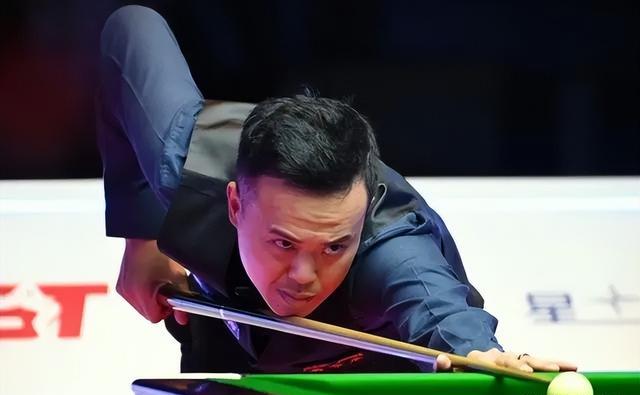
Besides these three focus matches, the other matches in this event were equally exciting. Gary, ranked 10th in the world, lost to Jack Jones, ranked 17th, who showed excellent competitive form, making four breaks over 50 throughout the match, including two centuries of 106 and 132 respectively. Carter, ranked 12th in the world, faced Robertson, making two breaks over 50 to drag the match into a decider after trailing 0-2 and 1-3, but ultimately failed to stop Robertson from securing victory with a break of 87.
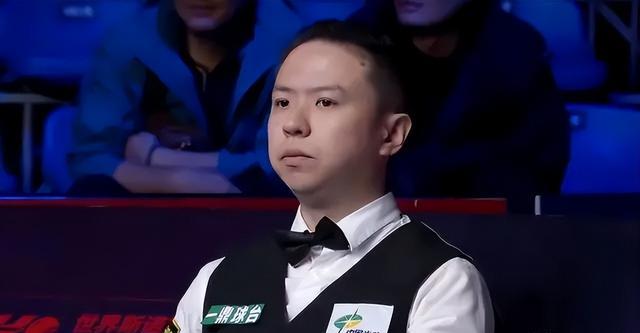
Currently, this event has produced three group champions: defending champion Allen won the first group championship, Robertson, who defeated Trump, won the second group championship, and Mark Williams won the third group championship. In the fourth group, Selby, the Grand Slam winner, faced off against Murphy in an intense battle. The two have met 44 times before, with Selby holding a slight advantage of 24 wins to 20 losses. In this match, Selby continued his recent good form, finding his rhythm after initially losing the first game 96-0. He then won two games in a row after leveling at 2-2, including a century break of 137, eventually advancing to the group final with a 4-2 scoreline. He will compete with Xiao Guodong, who defeated O'Sullivan, for the last group championship spot.
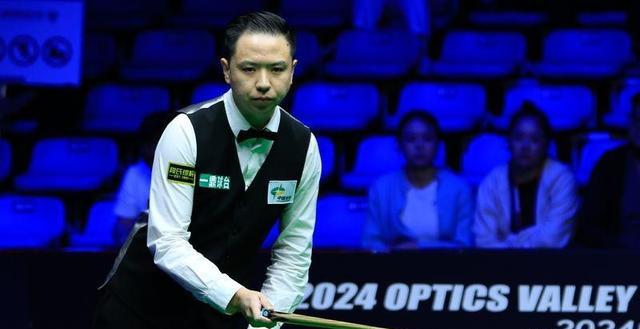
This Crown of Crowns event has entered a critical stage, with the final formation of the four groups basically taking shape. As the defending champion, Allen's performance in the first group is commendable, showing strong defending capabilities. It is worth noting that although Allen's recent form has been inconsistent, he maintained a stable performance in this event, which is closely related to his accumulated experience in major events.
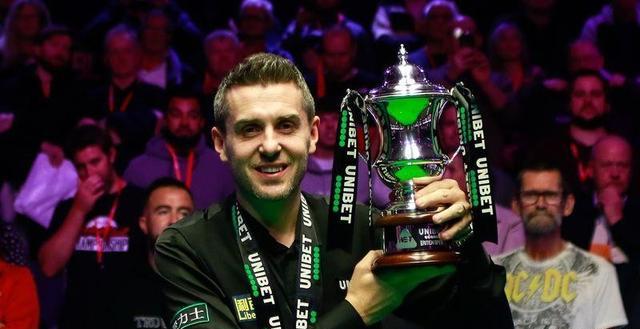
The rise of Robertson, the second group champion, is remarkable. In the process of defeating world number one Trump, he not only demonstrated exquisite technique but also showed superhuman mental fortitude. This suggests that the snooker world may be experiencing a generational shift, with younger players gradually challenging the established top players. As the third group champion, Mark Williams' performance was impeccable. As an experienced veteran, he showed a perfect balance of calmness and aggressiveness in the match, setting a good example for young players. Especially in key matches, his performance fully illustrates that the value of veterans lies not only in experience.
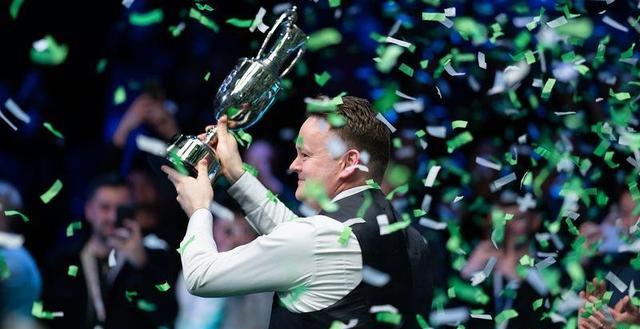
The most eye-catching is the contest in the fourth group. The matchup between Selby and Murphy was already full of highlights, with their history of encounters spanning many years, each meeting producing exciting battles. As a Grand Slam winner, Selby's strength is unquestionable, but in the face of an initial 96-0 loss, he showed strong psychological adjustment capabilities.

Selby's performance after leveling at 2-2 was even more outstanding. Not only did he take the lead in the fifth game, but he also made a high score of 137 in the sixth game. This kind of explosive power at crucial moments is a hallmark feature of top players. A single-frame score of 137 is not common in professional competition, reflecting that Selby's form is reaching its peak from the side. Next, Selby will compete with Xiao Guodong for the championship spot in the fourth group, a match of great significance. For Selby, it is an opportunity to continue his good form; for Xiao Guodong, after defeating O'Sullivan, if he can win Selby again, it will undoubtedly create another peak in his personal career.
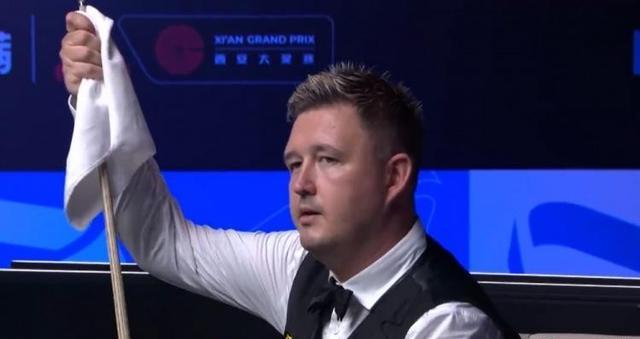
The day's matches fully demonstrated the charm of snooker: no player has a guaranteed victory, and the ranking gap cannot completely determine the direction of the match. It is the players' on-site performance and mental quality that are the keys to victory. Especially the match where Chinese player Xiao Guodong defeated O'Sullivan, not only showcasing the strength improvement of Chinese snooker players but also injecting a strong stimulant into the development of Asian snooker.
